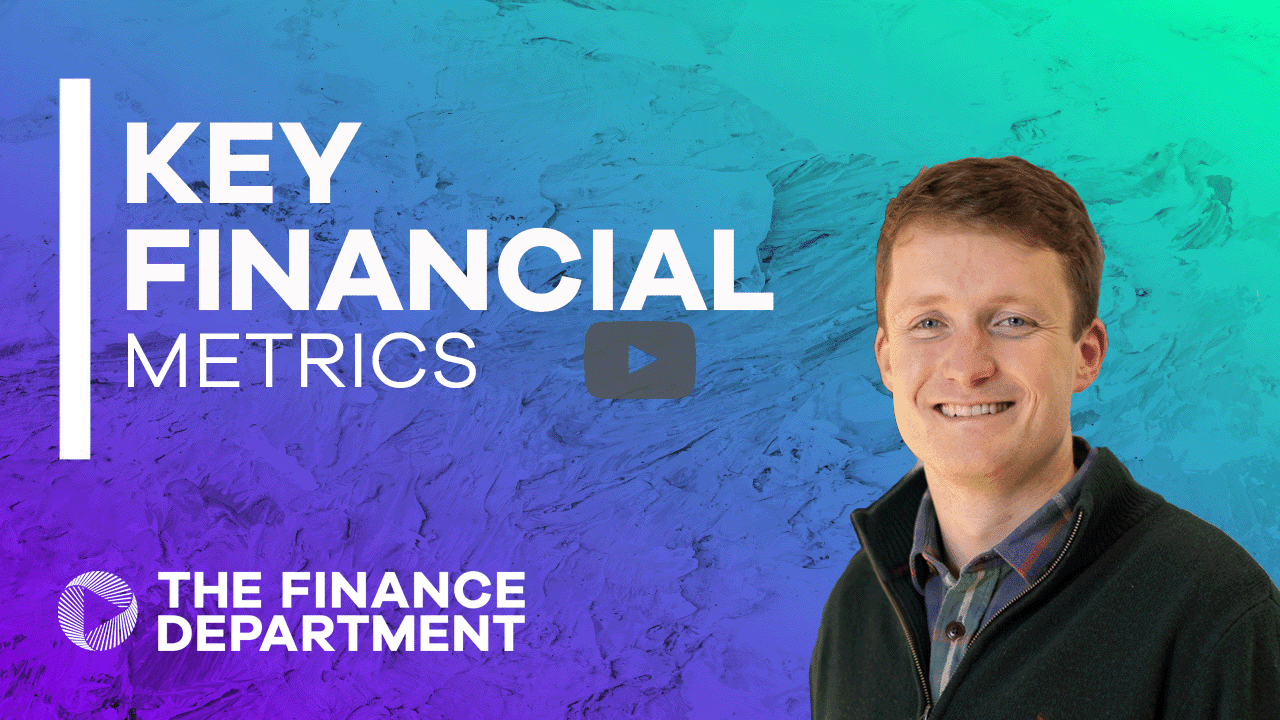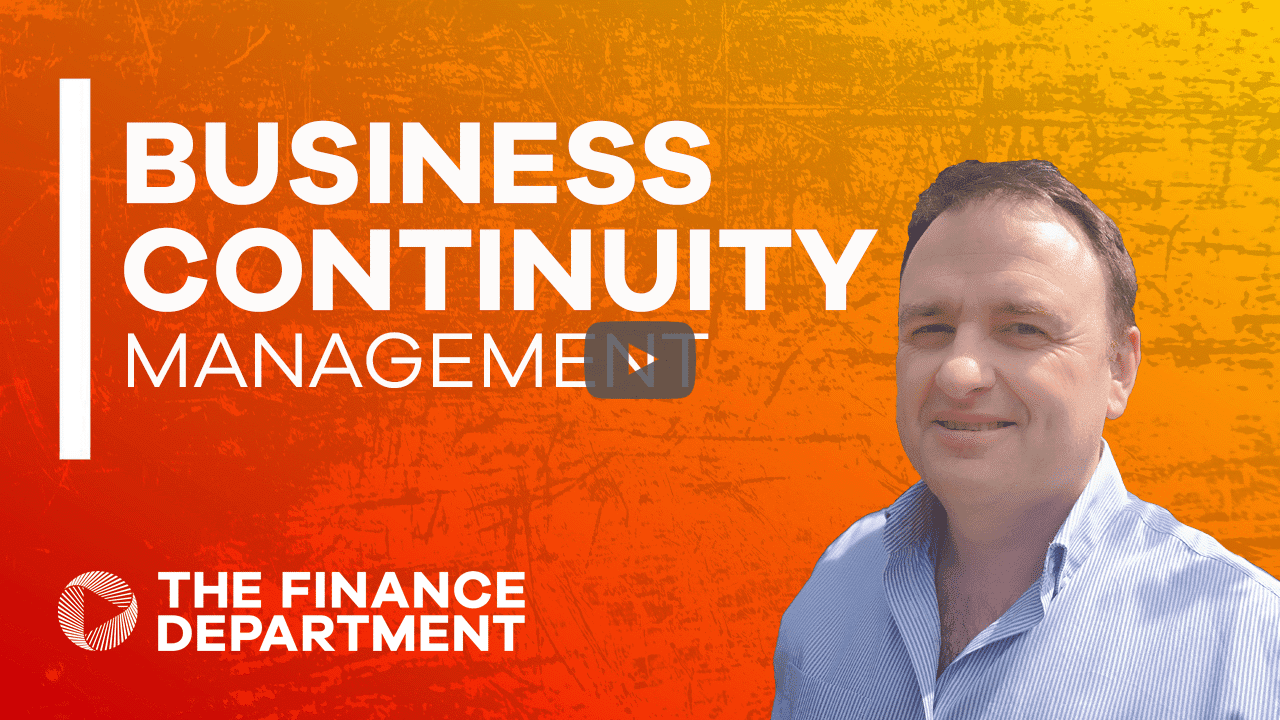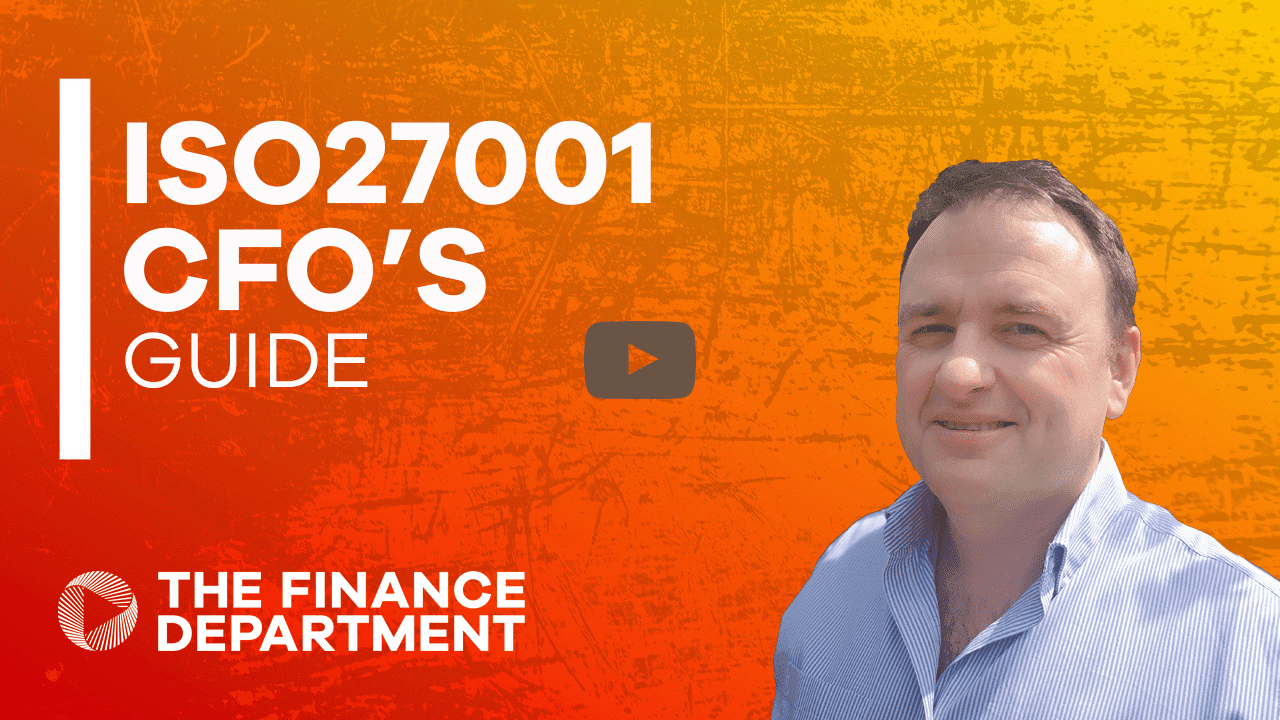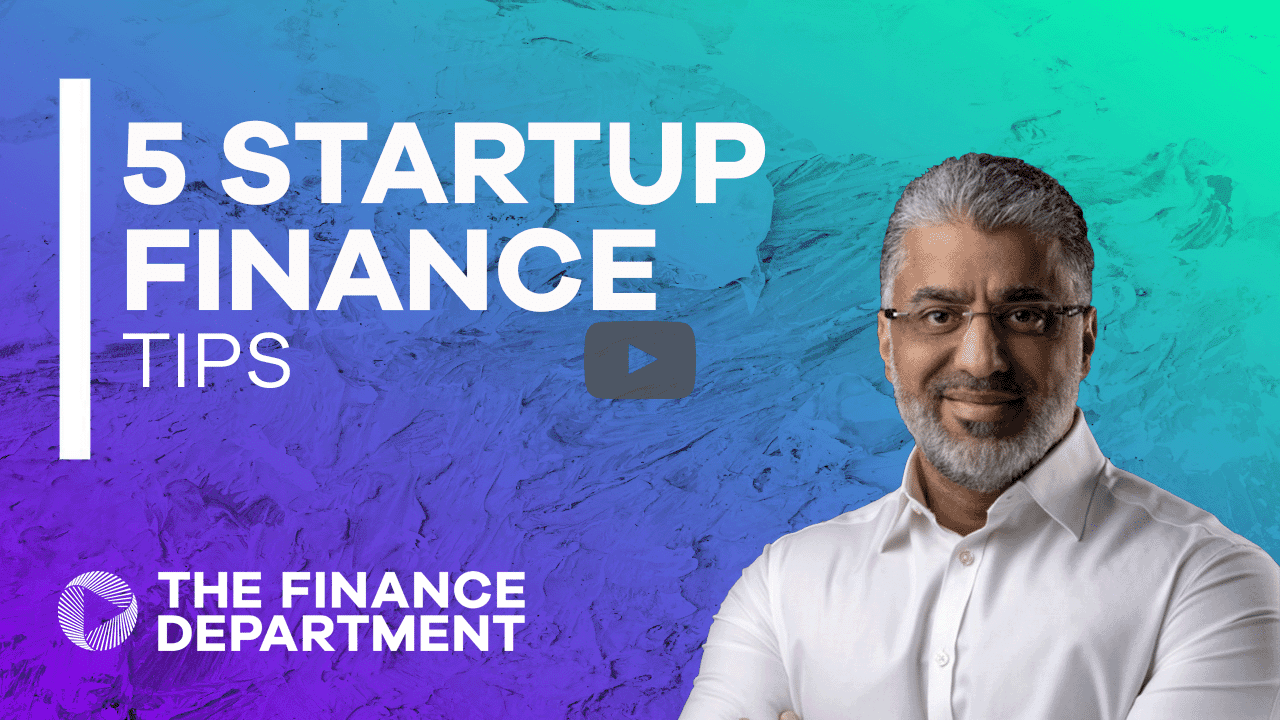Join today and start learning
TFD is the learning platform built for finance professionals.
This content is available as part of our bitesized video series.
Watch this video today by joining our free community.
Video : VAT for small businesses – tips and advice
VAT for small businesses can be a lot to understand for small businesses. What is VAT known as Value Added Tax in the UK?
Value-added tax is not often explained in how to work vat. Value-added tax pros and cons are not often explained and the vat explained is not for dummies. As a business owner, you want vat explained simply, how VAT works, when VAT registration is required and how this is managed as a small business in the UK.
This video will give you lots of pointers for both company vat and small company VAT UK. By the end of this video you will have a clearer understanding of how does VAT work for small businesses.
VAT for a small business or even a start-up can be really confusing. Follow my video and we’ll go over the key headings again.
Click the bell and subscribe to be notified every time we produce our best pieces of content.
VAT can be a headache. Follow my video and we’ll discuss all of the main headings every single small business owner should know.
VAT, what is it? It is attacks on sales. The main three classifications, and yes there are more, are standard rated where at the current VAT rate you charge 20% tax on yourselves.
Your income could also be exempt which means it’s not included at all, or you could charge a lower rate of VAT. One that’s common is for property developers, where they charge 0% VAT on their sales.
The trick is, whatever industry you’re in, you need to go and check what classification your income is in relation to VAT.
So VAT, when do I register? You register for VAT when your cumulative sales exceeds 85,000, that’s on a rolling monthly basis. So, to give an example is from month one to month twelve you turnover 84,000, you would then take off month one and add on month thirteen, to see what the rolling average is.
Options for VAT, there are 3 main ones. The first one is flat rate VAT, this is designed for small businesses to make it easy to prepare your VAT returns, your business is classified in a certain area and you have to pay over a fixed percentage depending on what industry you’re in. Easy, easy, easy to prepare and there’s no argument and no confusion about what you can claim and what you can’t claim.
A really good scheme for a lot of businesses we work with that are above 150,000 turnover, you’ve got two choices; you’re either paying your VAT on an accrual basis, which means invoices, so you’ll pay it on when you raise sales invoices and also when you receive your purchase invoices from your suppliers, or you will do it on a cash basis.
The majority of businesses under a million will be normally on the cash basis, because who wants to pay over VAT when they have received it. But there are sometimes benefits of being the invoice accountant, it’s always worth assessing your business to see what has the biggest advantage for you.
VAT returns for most small businesses are filed on a quarterly basis. Now, there are some exceptions where they can be monthly and it’s beneficial but, on the whole it’s quite common for businesses to follow their VAT return quarterly. So, if you have a 31st August VAT return, you will get one month plus seven days to file that return and pay it if there is a liability.
We normally say to all of our clients, get it done by the end of the month or even better get it done by around the 15th, that way you know what VAT is payable in the next 3 weeks, happy days, rather than waiting hours.
Is there any other elements of VAT that you have found difficult? Please comment below and we’d love to help you.
VAT, I get it, you’re a glorified tax collector and you’re doing it for free, but it’s a legal requirement, so you have to add VAT to your sales, get to reclaim VAT from your expenses which if you’re not VAT registered you will be able to claim, so that’s a definite benefit. And then you pay this over liability or refund on a quarterly basis, normally when you do your returns.
One word of warning, VAT is not your money. There are a lot of business owners especially in small business, that look at their bank account and go, there’s loads of money in here. VAT is not yours. I think a really good practice, if this is a way that you roll, is sometimes is to on a monthly basis you’ll know how much VAT you’ve collected on your sales, put that into a different account. Then that way it gives you some discipline that if you are looking at that bank account, you’ve separated already the VAT, so that money is there within your business.
Another trap, my accountant should get my VAT liability down to zero or a refund. If you’re a property developer and you’re 0% VAT, get it, there should be refunds because you’ve charged 0% on your sales, but you’re claiming all your costs, you’re guaranteed a refund. But, if you’re charging VAT on all of your sales and you’re reclaiming it on all of your costs, then the sign on your VAT liability would ultimately be a sign of your profit, and making a profit can only ever be a good thing in business.
Now, I get it, not all of your costs have VAT to them, one being wages, travels another and I could go through loads of different expenditure codes where your can’t claim VAT on certain costs, and that’s just the way it is.
But, and it’s not a definite, how much VAT you pay over is a sign of how profitable you are. So sometimes, and this is a mindset shift, if you’re paying over more VAT, could that just mean you’re a lot more successful?
Would you like to pay less tax, there are 71 opportunities to pay less tax in our book, our current record for tax saved is over 300,000 for one company. Could yours be more?
Download our free resource to see what tax you could save now and for the future.
To make sure also you don’t miss out on any of our future updates, tick the box saying yes please keep me updated.
What we’re about can be summed up in just a few words: we’re all about you…about you having a goal and a vision that we can help you drive forward as you move towards a better business, and in doing so, have the opportunity to go for the personal success you want.
Video: VAT for small businesses – tips and advice
VAT for small businesses can be a lot to understand for small businesses. What is VAT known as Value Added Tax in the UK?
Value-added tax is not often explained in how to work vat. Value-added tax pros and cons are not often explained and the vat explained is not for dummies. As a business owner, you want vat explained simply, how VAT works, when VAT registration is required and how this is managed as a small business in the UK.
This video will give you lots of pointers for both company vat and small company VAT UK. By the end of this video you will have a clearer understanding of how does VAT work for small businesses.
VAT for a small business or even a start-up can be really confusing. Follow my video and we’ll go over the key headings again.
Click the bell and subscribe to be notified every time we produce our best pieces of content.
VAT can be a headache. Follow my video and we’ll discuss all of the main headings every single small business owner should know.
VAT, what is it? It is attacks on sales. The main three classifications, and yes there are more, are standard rated where at the current VAT rate you charge 20% tax on yourselves.
Your income could also be exempt which means it’s not included at all, or you could charge a lower rate of VAT. One that’s common is for property developers, where they charge 0% VAT on their sales.
The trick is, whatever industry you’re in, you need to go and check what classification your income is in relation to VAT.
So VAT, when do I register? You register for VAT when your cumulative sales exceeds 85,000, that’s on a rolling monthly basis. So, to give an example is from month one to month twelve you turnover 84,000, you would then take off month one and add on month thirteen, to see what the rolling average is.
Options for VAT, there are 3 main ones. The first one is flat rate VAT, this is designed for small businesses to make it easy to prepare your VAT returns, your business is classified in a certain area and you have to pay over a fixed percentage depending on what industry you’re in. Easy, easy, easy to prepare and there’s no argument and no confusion about what you can claim and what you can’t claim.
A really good scheme for a lot of businesses we work with that are above 150,000 turnover, you’ve got two choices; you’re either paying your VAT on an accrual basis, which means invoices, so you’ll pay it on when you raise sales invoices and also when you receive your purchase invoices from your suppliers, or you will do it on a cash basis.
The majority of businesses under a million will be normally on the cash basis, because who wants to pay over VAT when they have received it. But there are sometimes benefits of being the invoice accountant, it’s always worth assessing your business to see what has the biggest advantage for you.
VAT returns for most small businesses are filed on a quarterly basis. Now, there are some exceptions where they can be monthly and it’s beneficial but, on the whole it’s quite common for businesses to follow their VAT return quarterly. So, if you have a 31st August VAT return, you will get one month plus seven days to file that return and pay it if there is a liability.
We normally say to all of our clients, get it done by the end of the month or even better get it done by around the 15th, that way you know what VAT is payable in the next 3 weeks, happy days, rather than waiting hours.
Is there any other elements of VAT that you have found difficult? Please comment below and we’d love to help you.
VAT, I get it, you’re a glorified tax collector and you’re doing it for free, but it’s a legal requirement, so you have to add VAT to your sales, get to reclaim VAT from your expenses which if you’re not VAT registered you will be able to claim, so that’s a definite benefit. And then you pay this over liability or refund on a quarterly basis, normally when you do your returns.
One word of warning, VAT is not your money. There are a lot of business owners especially in small business, that look at their bank account and go, there’s loads of money in here. VAT is not yours. I think a really good practice, if this is a way that you roll, is sometimes is to on a monthly basis you’ll know how much VAT you’ve collected on your sales, put that into a different account. Then that way it gives you some discipline that if you are looking at that bank account, you’ve separated already the VAT, so that money is there within your business.
Another trap, my accountant should get my VAT liability down to zero or a refund. If you’re a property developer and you’re 0% VAT, get it, there should be refunds because you’ve charged 0% on your sales, but you’re claiming all your costs, you’re guaranteed a refund. But, if you’re charging VAT on all of your sales and you’re reclaiming it on all of your costs, then the sign on your VAT liability would ultimately be a sign of your profit, and making a profit can only ever be a good thing in business.
Now, I get it, not all of your costs have VAT to them, one being wages, travels another and I could go through loads of different expenditure codes where your can’t claim VAT on certain costs, and that’s just the way it is.
But, and it’s not a definite, how much VAT you pay over is a sign of how profitable you are. So sometimes, and this is a mindset shift, if you’re paying over more VAT, could that just mean you’re a lot more successful?
Would you like to pay less tax, there are 71 opportunities to pay less tax in our book, our current record for tax saved is over 300,000 for one company. Could yours be more?
Download our free resource to see what tax you could save now and for the future.
To make sure also you don’t miss out on any of our future updates, tick the box saying yes please keep me updated.
What we’re about can be summed up in just a few words: we’re all about you…about you having a goal and a vision that we can help you drive forward as you move towards a better business, and in doing so, have the opportunity to go for the personal success you want.










